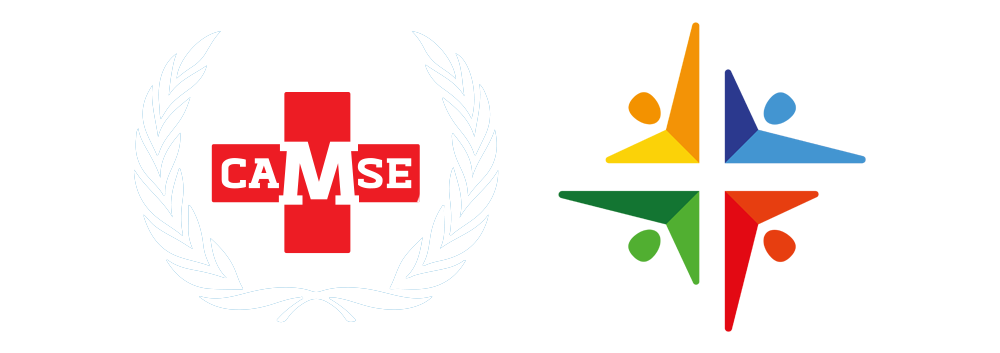Acute migraine is known as a neurological disorder characterized by recurrent episodes of severe headaches usually accompanied by sensitivity to light, sound, and nausea. Migraines can negatively impact an individual’s quality of life, such as emotional distress, social isolation, and even missed workdays.
There are medications such as triptan, ergotamine, and other over-the-counter pain medicines to help with the pain; however, these treatments may not be effective for everyone, as everyone experiences different effects. Hence, the new guidelines from the American College of Physicians (ACP) for the treatment of acute migraine aim to improve the management and treatment, reducing the burden of this condition.
There are updated recommendations such as
1. Thorough assessment and diagnosis of an individual, including a detailed medical history as well as a physical examination of the affected person. Healthcare practitioners are encouraged to use triptan, ergotamine, and anti-nausea medications as the first line of treatment and then develop personalized treatment plans.
2. Healthcare professionals are encouraged to advise their patients on their lifestyle modifications, like maintaining a consistent sleep schedule, which is getting 7-8 hours of sleep, avoiding triggers that can cause migraines, such as certain foods or stress, and practicing stress-reducing methods like meditating or deep breathing.
3. Patients should be educated on their treatment options and how to manage their symptoms based on their specific needs and medical history, and then follow-up care should be provided in order for healthcare professionals to monitor the individual’s response to treatment and make the necessary adjustments needed.
4. There are also recommendations on an individual’s lifestyle to help avoid acute migraines, such as identifying and avoiding foods that can trigger migraines, usually gluten, dairy, citrus fruits, or foods containing tyramine or MSG; ensuring to eat your meals regularly to prevent low blood sugar; and consuming foods that are rich in magnesium and vitamin B2, such as dark leafy greens and whole grains, or considering supplements after consulting with a healthcare provider.
The old guidelines for treating acute migraine recommended various medications, including acetaminophen, NSAIDs, triptans, and antiemetics, along with personalized treatment plans and lifestyle modifications.
However, the new guidelines provide a more comprehensive approach to dealing with acute migraines with their updated recommendations for treatment. Some benefits are improved treatment outcomes, patient satisfaction, and reduced healthcare costs through minimizing the need for frequent hospital visits.
Source: American College of Physicians.


